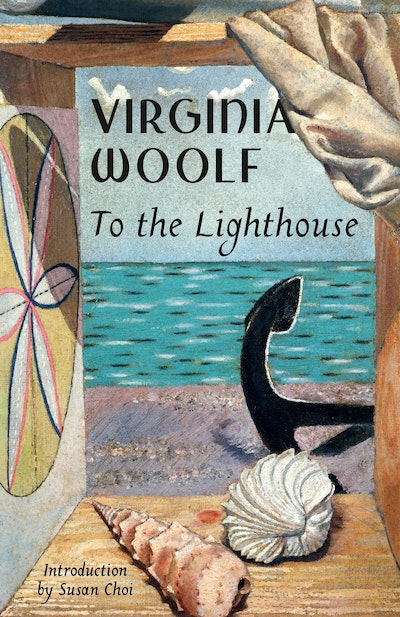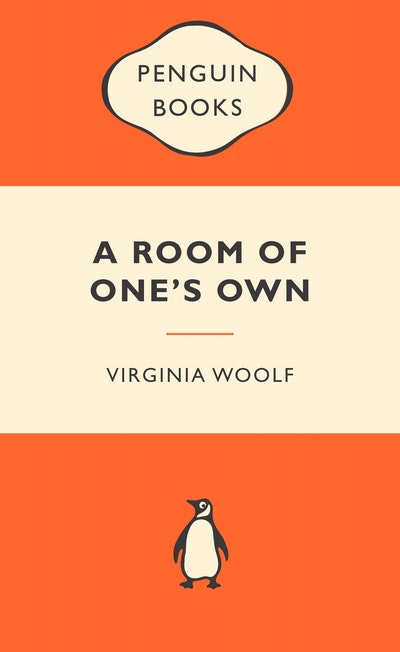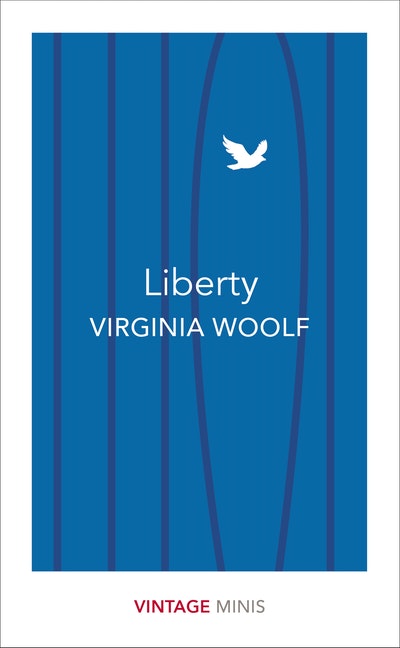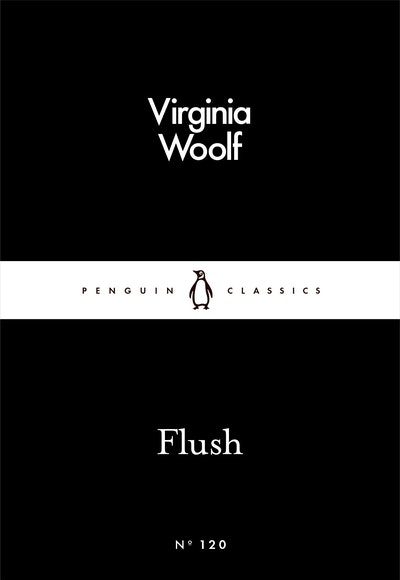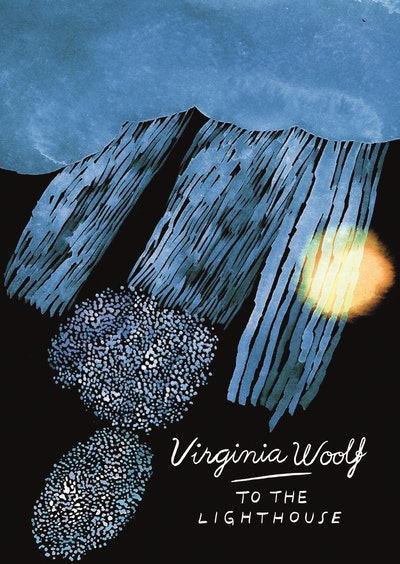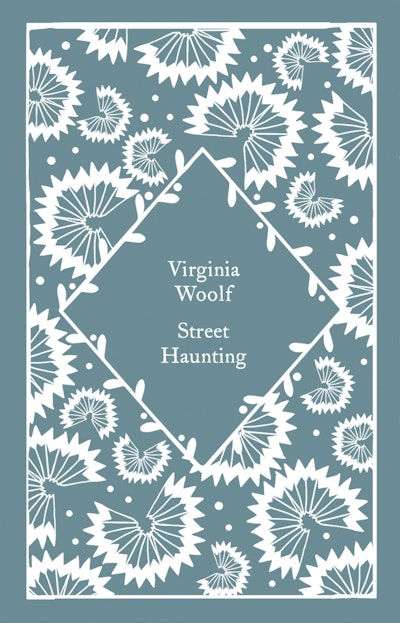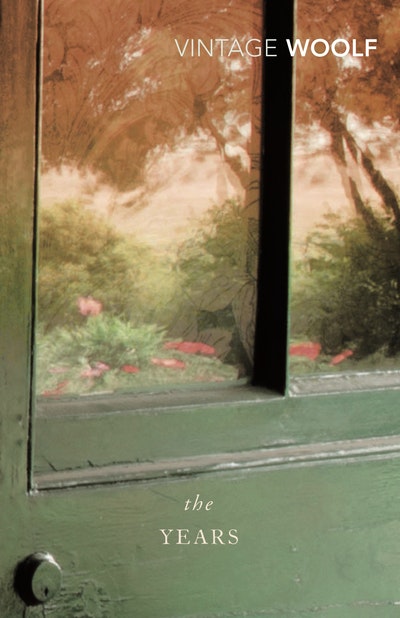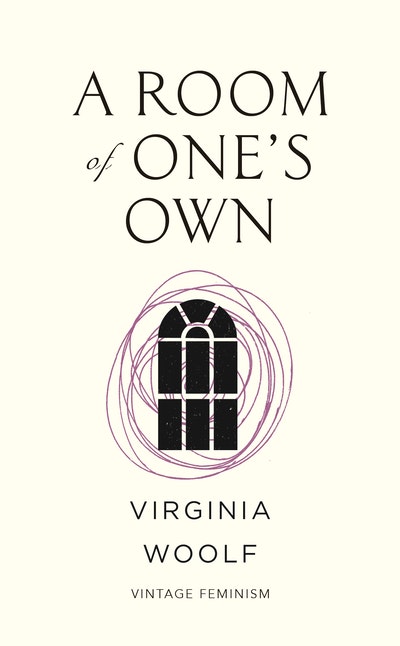[]
- Published: 21 February 2023
- ISBN: 9780593468869
- Imprint: Random House Diversified
- Format: Paperback
- Pages: 224
- RRP: $22.99
To The Lighthouse
Formats & editions
Buy from…
- Published: 21 February 2023
- ISBN: 9780593468869
- Imprint: Random House Diversified
- Format: Paperback
- Pages: 224
- RRP: $22.99
“To the Lighthouse is one of the greatest elegies in the English language, a book which transcends time.” –Margaret Drabble “Without question one of the two or three finest novels of the twentieth century. Woolf comments on the most pressing dramas of our human predicament: war, mortality, family, love. If you’re like me you’ll come back to this book often, always astounded, always moved, always refreshed.” –Rick Moody “[Woolf’s] people are astoundingly real…The tragic futility, the absurdity, the pathetic beauty, of life–we experience all of this in our sharing of seven hours of Mrs. Ramsay’s wasted or not wasted existence. We have seen, through her, the world.” –Conrad Aiken
